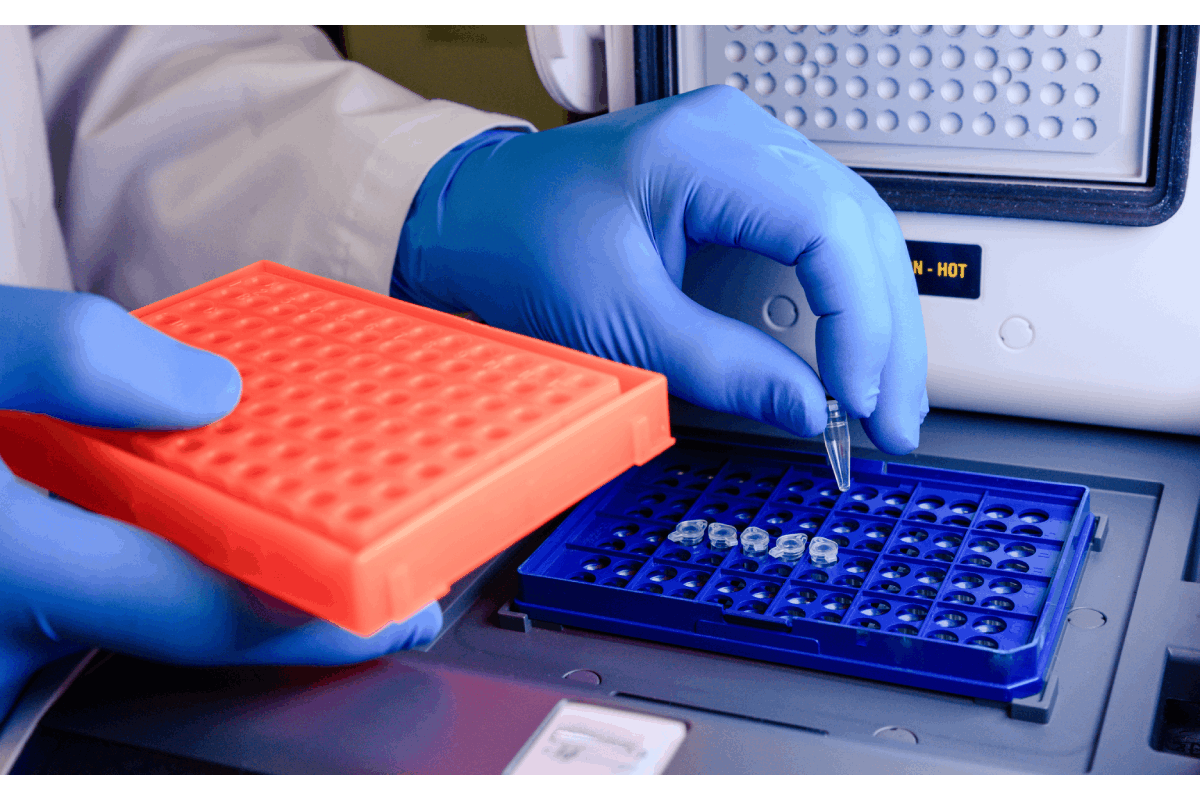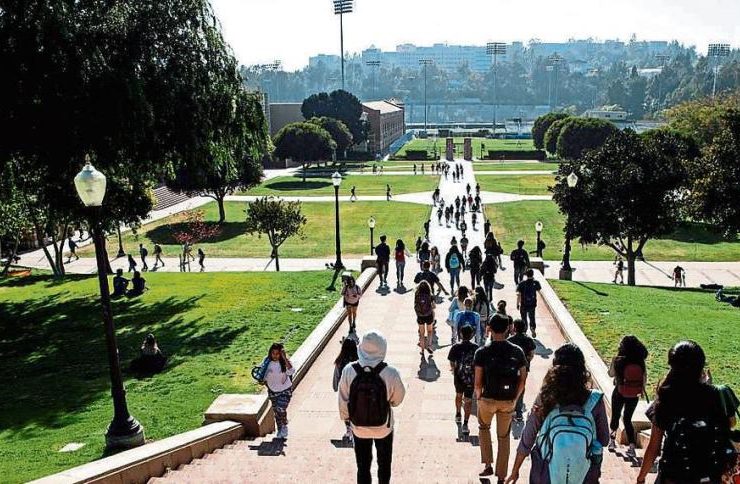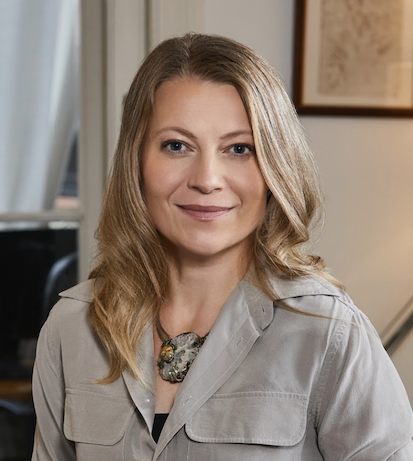We mustn't fall behind with our research, by Alejandro Sabal


Alejandro Sabal
Alejandro Sabal is a PhD student in economics at Princeton University. He has collaborated on research projects at the London School of Economics and the Harvard Kennedy School of Government.
What would you highlight about the way Princeton has managed the crisis?
I live and study in Princeton, a college town of about 30,000 inhabitants about an hour's train ride from Manhattan. In mid-March, when the pandemic had reached the United States and was getting really bad in Europe, Princeton University canceled all classes and seminars and moved them onto the Zoom platform online. Undergraduate students were requested to see out the lockdown at home to avoid an outbreak in student dorms and to ensure that doctoral students and researchers were well-protected. Social distancing measures were also required from researchers, but the university has been effective in providing us with the necessary resources to prevent a reduction in research activity. The absolute priority was, and remains, to keep research going.
How has Barcelona’s management of the crisis been viewed from your city?
At the beginning of the pandemic, the news coming from Italian and Spanish hospitals was viewed with horror from the New York area. Most of the news about what was happening abroad focused on the crisis and management of healthcare in European countries. Both errors and successes in Spanish health management were highlighted in order to make the American population aware of the risks of the pandemic and how to act when the worst came to the USA. Unsurprisingly, however, the news included very few reports about how the pandemic has affected research centers in Barcelona and how institutions have been managed in this respect. Understandably, the world is now only thinking about how to move on from the crisis.
Proposal for Barcelona
Barcelona mustn’t fall behind with its research, and, like Princeton, everything possible should be done to ensure that the projects already under way in the city are not interrupted. On the eve of an economic crisis of unprecedented magnitude, we must manage resources intelligently and avoid short-term approaches. Barcelona, already a major center for research— medical, pharmaceutical, technological and economic—cannot afford to be left behind because of the pandemic. In the long run, it is only with research and knowledge that we will manage to come out of the crisis with well-paid jobs and a city that attracts national and international talent. Our institutions must rise to the challenge and prevent the breakdown of a sector that is essential for the future.







